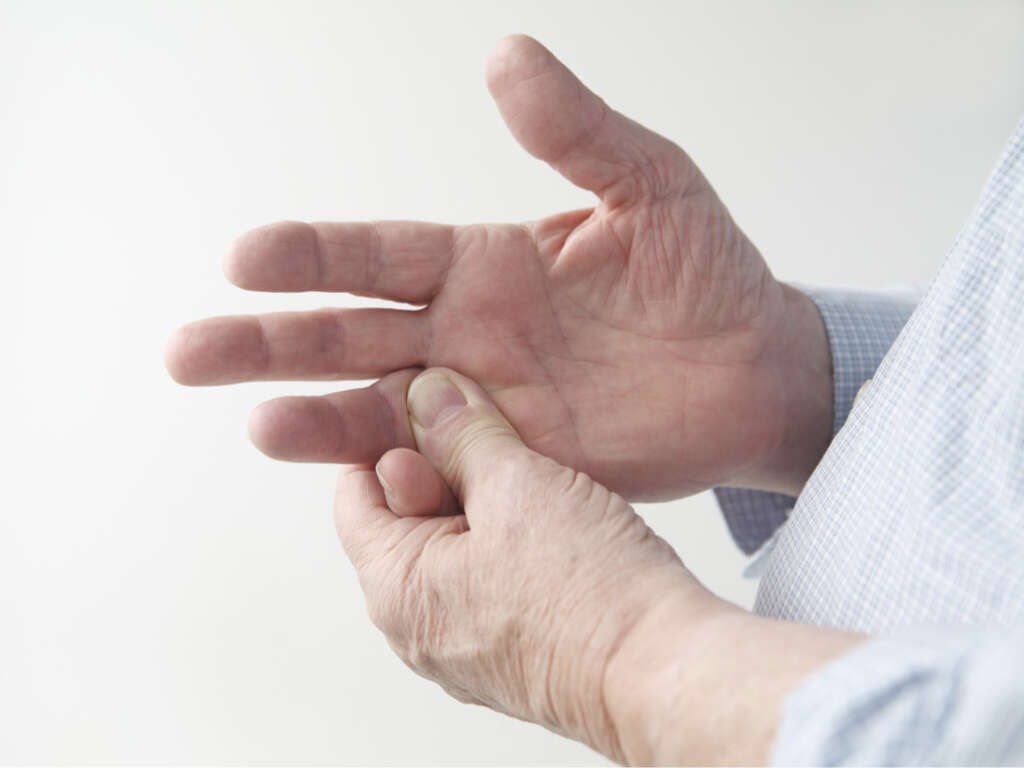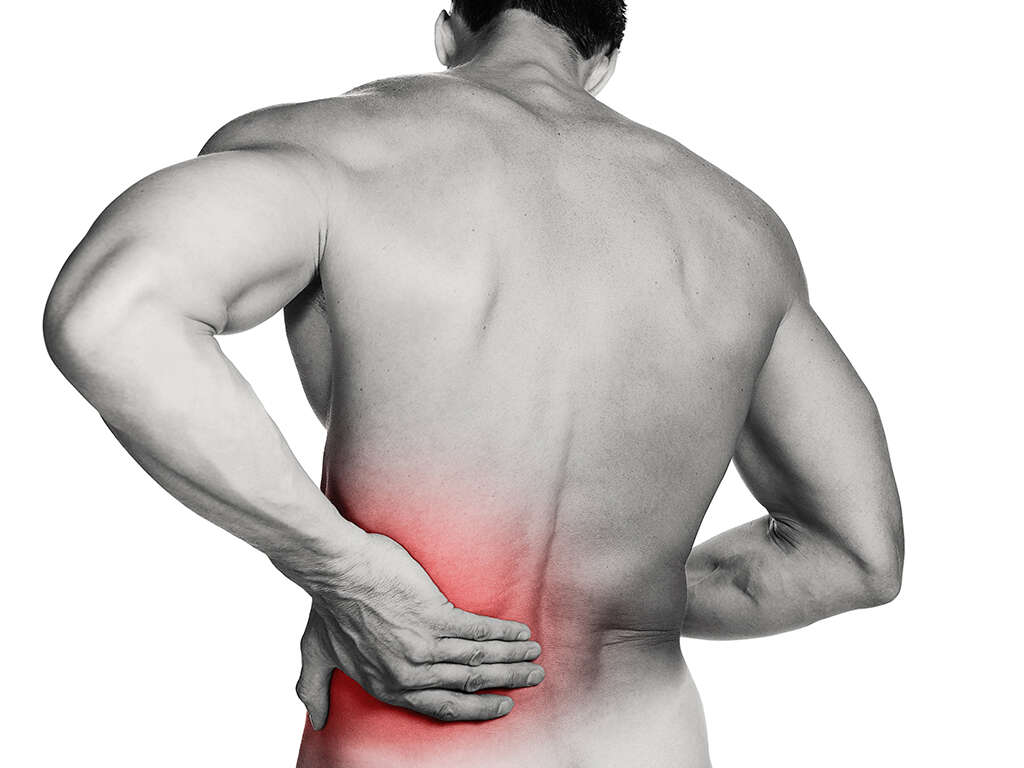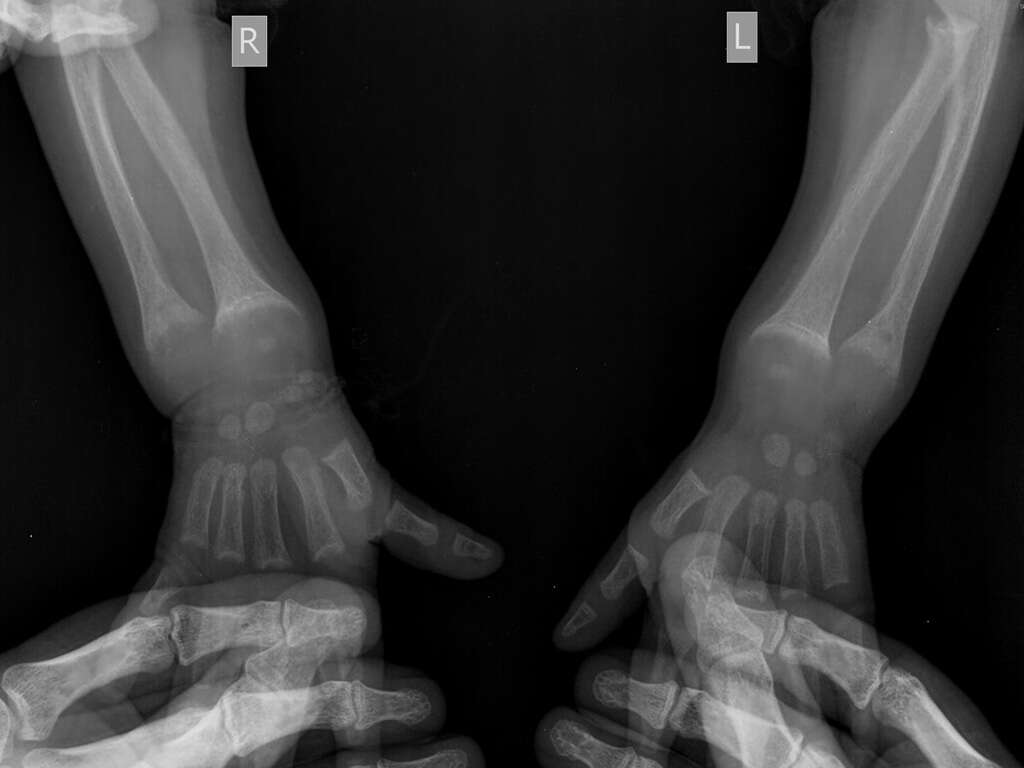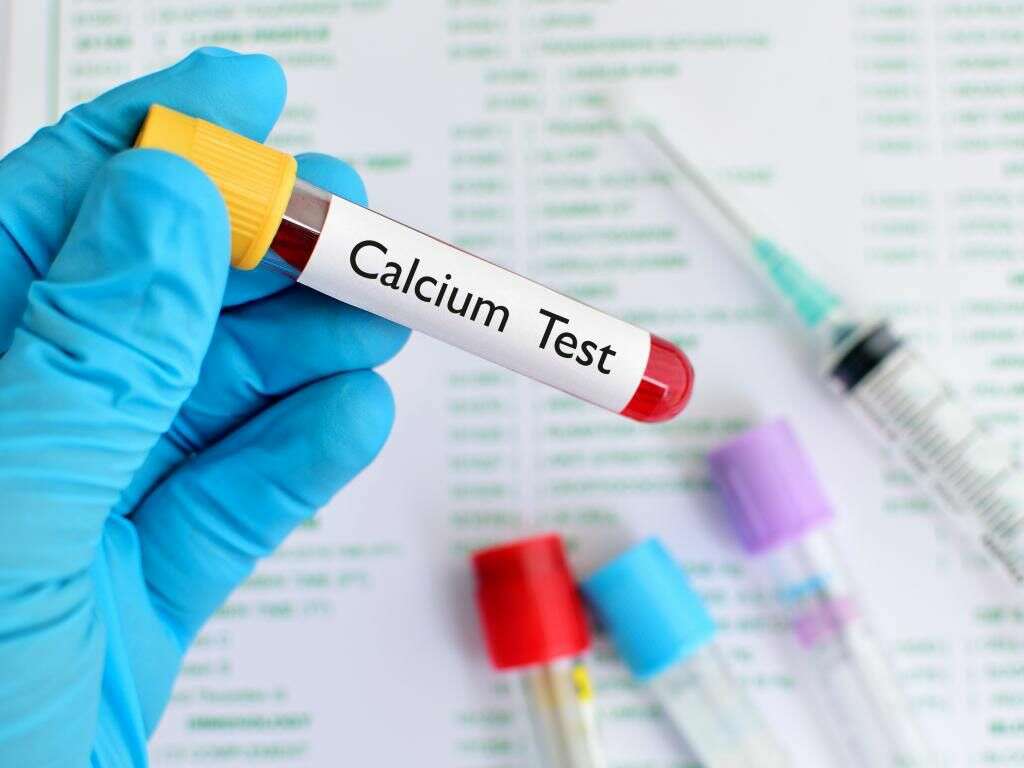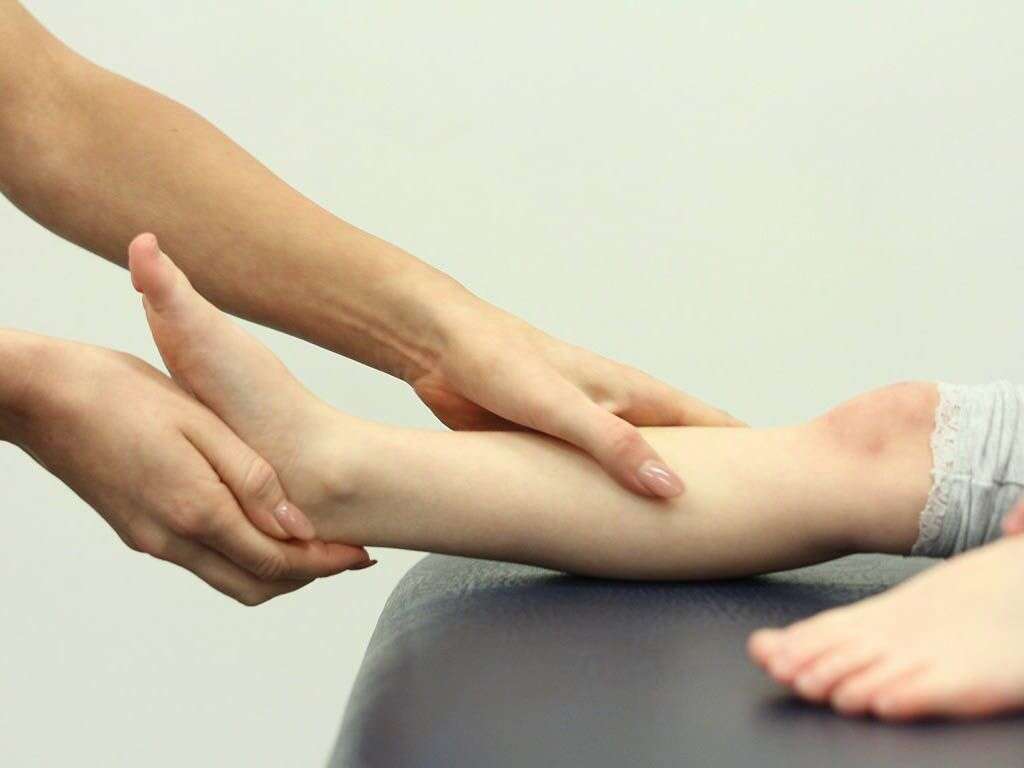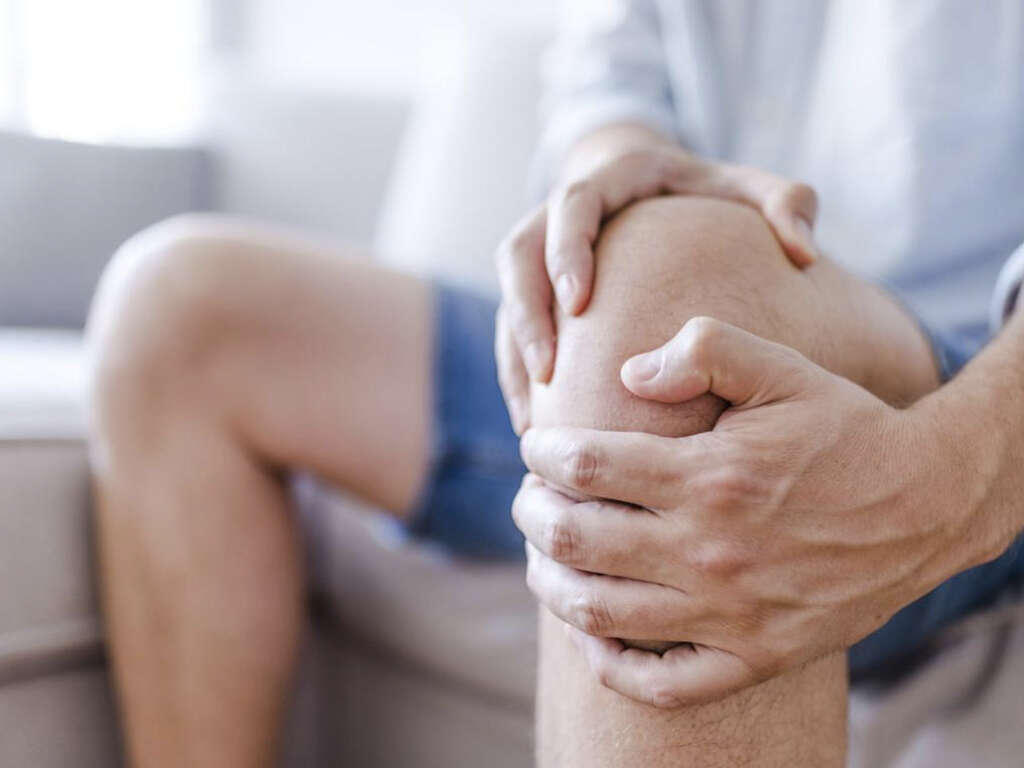10 Calcium Deficiency Symptoms
Calcium deficiency, or hypocalcemia, occurs when there are low calcium levels in the blood serum. While it normally ranges between 2.2 to 2.6 mmol/L, mild deficiency usually causes little to no symptoms. However, technically, any serum calcium levels below 2.2 mmol/L can be defined as calcium deficiency.
Some causes of calcium deficiency include vitamin D deficiency, hypoparathyroidism, calcium channel blocker overdose, kidney failure, pancreatitis, tumor lysis syndrome, rhabdomyolysis, and side effects of medications such as bisphosphonates. The diagnosis of calcium deficiency can be confirmed through a blood test where corrected calcium or ionized calcium levels are calculated. In severe cases of calcium deficiency, specific changes can be seen on an electrocardiogram. This article looks at 10 symptoms of calcium deficiency.
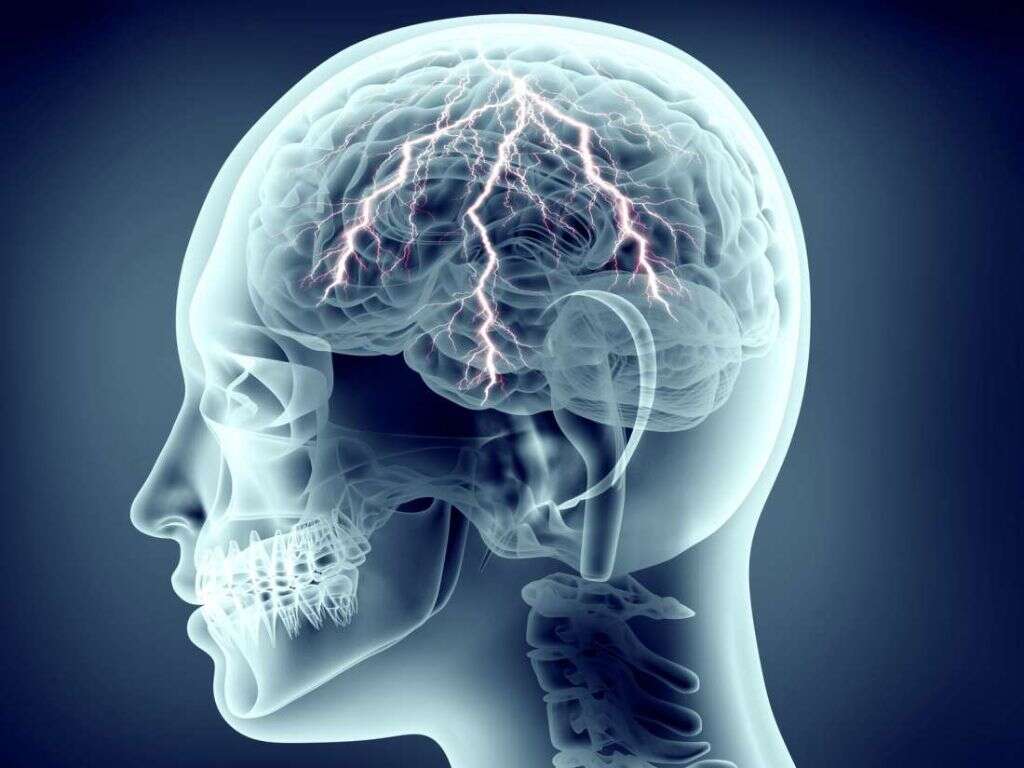
Symptom #1: Paresthesia
Paresthesia is an unpleasant and abnormal dermal sensation where the affected individual may feel a burning, numbing, tingling, prickling, or chilling sensation without any apparent physical cause. Paresthesia can be temporary or chronic with various underlying causes. Generally painless, it mostly occurs in the peripheries such as the arms, legs, hands, and feet.
The commonest and most familiar sensation of paresthesia is usually known as “pins and needles.” It can also be described as a limb that has “fallen asleep.” In calcium deficiency, perioral, and oral paresthesia can occur. This means that the pins and needles sensation is around the lips, mouth, hands, and feet. It is also usually the earliest symptom of calcium deficiency.
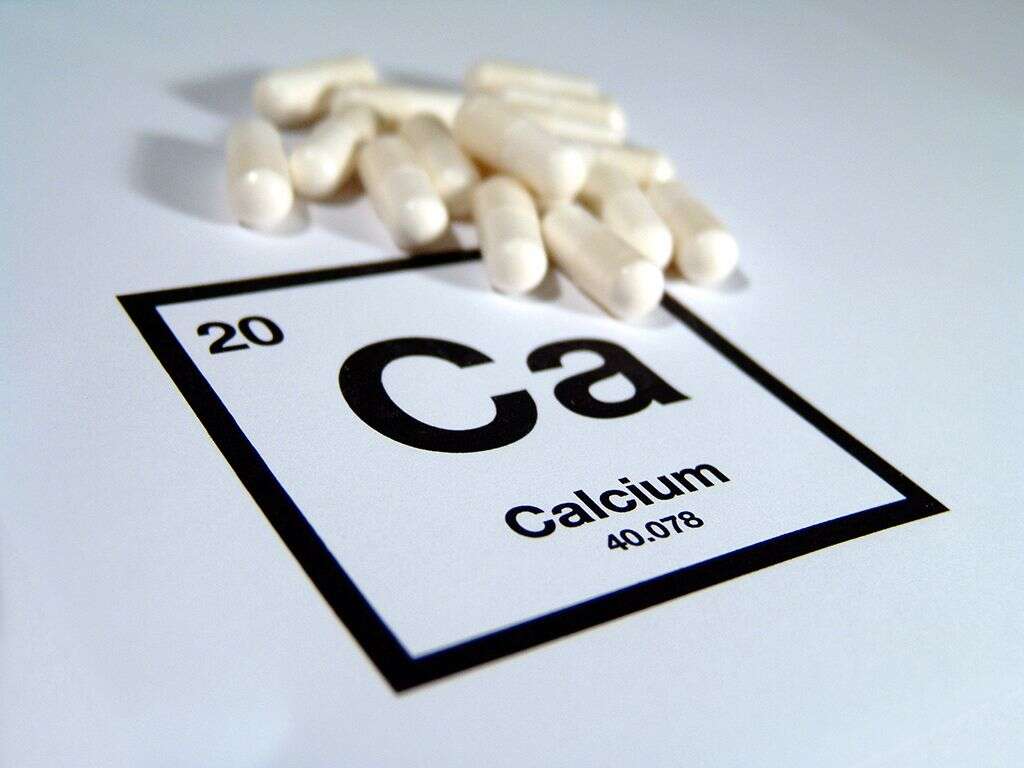
Symptom #2: Dysphagia
Dysphagia is the medical term for difficulty swallowing. It is a common but non-specific symptom associated with hypocalcemia.
The muscles involved in the process of swallowing also need calcium in order to work properly. If you are suffering from this symptom, you should seek medical attention for proper diagnosis.

Symptom #3: Tetany
Tetany occurs when there is involuntary contraction of the muscles due to disorders that increase the action potential frequency of nerves or muscle cells. It is generally characterized by the contraction of the distal muscles of the hands and feet. This is known as carpopedal spasm.
In the hands, the carpal spasm results in flexion of the metacarpophalangeal joints and extension of interphalangeal joints. Tetany can be associated with perioral and distal limb tingling. Some causes of tetany include calcium deficiency, low carbon dioxide levels, low magnesium levels, excess potassium levels, and clostridium tetani toxin.

Symptom #4: Laryngospasm
Laryngospasm is a condition where there is involuntary muscular contraction of the vocal folds. While it usually lasts less than a minute, it can also last as long as 20 to 30 minutes. It can be triggered when the vocal cords detect water entry, blood, mucus, or other substances.
Individuals with laryngospasm also tend to experience stridor and retractions. There can be difficulty breathing, speaking, a feeling of suffocation, and unconsciousness due to hypoxia. Some causes of laryngospasm include stress, allergies, asthma, irritants, exercise, fumes, smoke, dust, and food. It is a life-threatening complication of calcium deficiency.

Symptom #5: Arrhythmia
An arrhythmia or heart arrhythmia occurs when the heartbeat is abnormally fast, irregular, or slow. While some cases of cardiac arrhythmia have no symptoms, some individuals may experience palpitations, lightheadedness, shortness of breath, chest pain, and passing out.
Most cases of arrhythmia are due to issues with the electrical conduction of the heart. Arrhythmia can usually be treated with medications, surgery, or the insertion of a pacemaker. Since calcium plays a role in the electrical conduction of the heart, calcium deficiency can lead to arrhythmia.
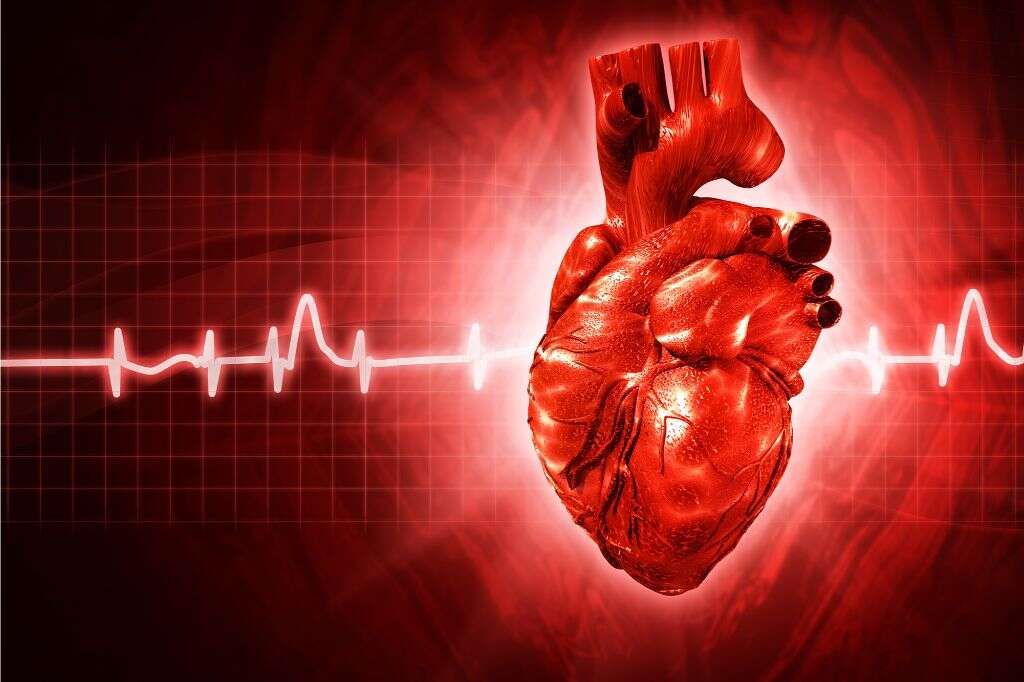
Symptom #6: Convulsion
A convulsion is a condition where there is rapid contraction and relaxation of the muscles resulting in involuntary shaking of the body. The term is often used as a synonym for seizures. During a convulsion, the affected individual may experience uncontrollable muscle spasms, drooling, confusion, blackout, loss of bladder or bowel control, temporary cessation of breathing, and sudden shaking of the entire body. Symptoms may last from a few seconds to about 15 minutes.
Some causes of convulsion include meningitis, encephalitis, febrile seizures, hypoglycemia, and vitamin deficiency. It may also occur among those with calcium deficiency.

Symptom #7: Myalgia
Myalgia is a term describing muscle pain. It is a common symptom that is seen in cases where there is overuse or overstretching of muscles. It can also occur in viral infections, injury, strain, side effects of medications, fibromyalgia, Ehlers-Danlos syndrome, and autoimmune disorders.
Muscle aches, cramps, and spasms are one of the earliest and commonest symptoms among individuals with calcium deficiency. Those affected usually feel pain in the arms and thighs, especially when walking or making any movement.

Symptom #8: Fatigue
Fatigue is a gradual feeling of tiredness that can be alleviated by rest. It can generally be divided into physical and mental fatigue. In physical fatigue, there is temporary inability of a muscle to maintain maximal physical performance, while in mental fatigue, there is transient decrease in the optimal cognitive performance.
Causes of fatigue include dehydration, sleep deprivation, and illness. It is a common and nonspecific symptom that can be seen in many different conditions. Fatigue can manifest as somnolence or lethargy. It is a symptom often seen among individuals with calcium deficiency.

Symptom #9: Skin and Nail Issues
In chronic calcium deficiency, skin and nail issues can develop. The skin can become itchy and dry. Some researchers have even associated eczema and psoriasis to calcium deficiency.
Patients with calcium deficiency may also experience issues with their nails where the nails become broken, dry, and brittle. Other related issues include alopecia, where there is a loss of hair resulting in bald patches.

Symptom #10: Confusion
Patients suffering from acute hypocalcemia may experience some level of confusion which can range from mild disorientation to more severe symptoms that can be associated with dementia.
Hallucination and irritability can also be found in some patients but it is not as usual.





